5, July 2020
President Sisiku Ayuk Tabe’s Yaoundé meeting cruelly exposes the timidity of disgraced Sako Ikome and Chris Anu 0
The meeting between representatives of the Biya Francophone Beti Ewondo regime and the President of the Federal Republic of Ambazonia, Sisiku Ayuk Tabe including eight members of his government to explore ways and means of ending the war in Southern Cameroons marks a remarkable step in the transformation and healing process of the two Cameroons. There could be further steps to come, including Southern Cameroons emergence as a source of stability in the Gulf of Guinea rather than conflict in the region. After four turbulent years with no support from the international community, Southern Cameroonians and their jailed leaders have emerged stronger politically.
French Cameroun under Paul Biya with all its so-called military might supported by the French government of President Macron and the Buhari gang in Abuja is torn by internal conflicts which now include the army and the elite force-the Rapid Intervention Battalion.
French Cameroun political elites from the South Region are slowly but surely abandoning their strategy of forcing other French Cameroun tribes and political groups to support the choice of Franck Biya, President Biya’s eldest son as the next head of state.
The much publicized anti corruption campaign and economic reforms in French Cameroun are making no progress and living standards are falling at catastrophic rapidity. With Equatorial Guinea already building a Berlin Wall aim at preventing French Cameroonians from entering their country, the Central African Republic in the middle of an unresolved armed conflict, Gabon absorbed in its own problems after a failed coup and Chad struggling to contain the fallout from the war in Libya, the Southern Cameroons Bloc has emerged as an effective power in the CEMAC region and now remains the only hope for stability when Biya finally falls.
The security situation in Yaoundé is deteriorating and international investors are leaving in their numbers! French Cameroun has many problems but keeping Southern Cameroons as an integral part of their one and indivisible nation and getting a replacement for Mr. Biya are top on Yaoundé’s agenda. Perhaps the most important factor behind the shift that has taken place and led to the Southern Cameroons-French Cameroun meeting is that, despite much repression of Anglophones in French Cameroun and the genocidal war currently going on in Southern Cameroons, Biya and his men have now come to the conclusion that for La Repubique du Cameroun to remain a country with a genuine political culture – an authentic nation with a history of its own, Ambazonians must be a part of it!
Swiss, German, French and US delegations have been in Yaoundé in recent months but Biya has ignored all peace initiatives including that ordered by the United Nations.
The President Sisiku Ayuk Tabe and Biya regime meeting confirms that some western nations are now prepared to break ranks and to think beyond the current backing of the crime syndicate in Yaoundé by Paris. The meeting, which is carefully labelled as provisional, shows that the Southern Cameroons Interim Government headed by President Sisiku Ayuk Tabe has regained its nerve and ambition, and has understood that the solution to Ambazonia quest for an independent state can only be gotten through intensive and productive discourse. The meeting cruelly exposes the timidity of disgraced leaders like Sako Ikome and Chris Anu, who are now playing catch up and fighting to be relevant to the Southern Cameroons struggle.
Money is needed now to rebuild not only the basic structures of a society destroyed by four years of a senseless war but also to organize all Ambazonia Restoration Forces into a kind of revolutionary guard force-Vice President Dabney Yerima and his cabinet offers by far the easiest way to raise and secure that money.
Having been a destabilising force in the Southern Cameroons revolution for most of the four years, Cho Ayaba, John Mbah Akuro and Ebenezar Akwanga could now find it convenient to use their undoubted power and reach to be agents of stability. A strategic realignment of all Southern Cameroons interest groups that only a year ago would have seemed fanciful is now entirely possible.
Long Live the Federal Republic of Ambazonia
Short Live the Struggle
By Soter Tarh Agbaw-Ebai
Chairman/Editor-In-Chief
Cameroon Concord News Group
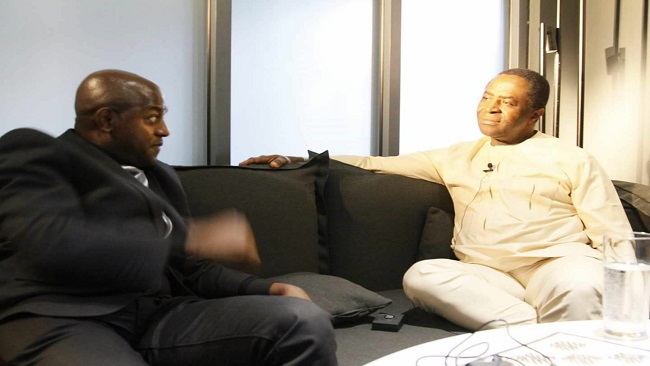
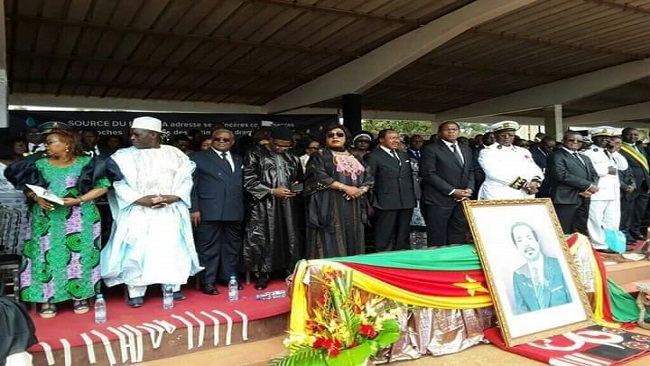
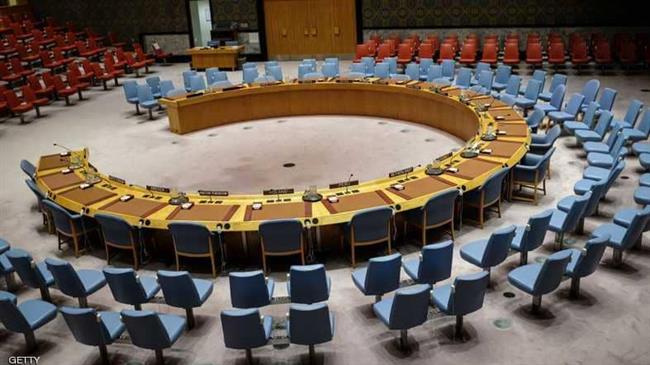
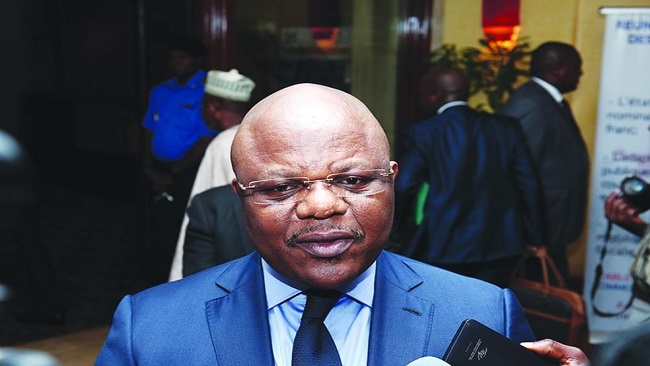
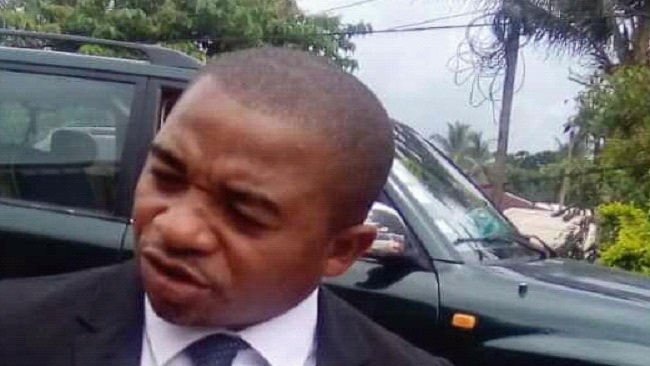

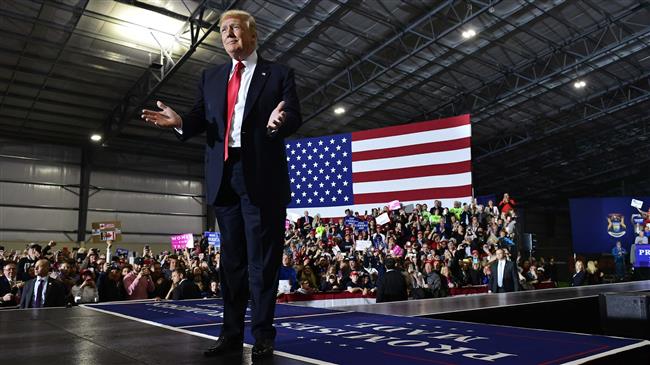
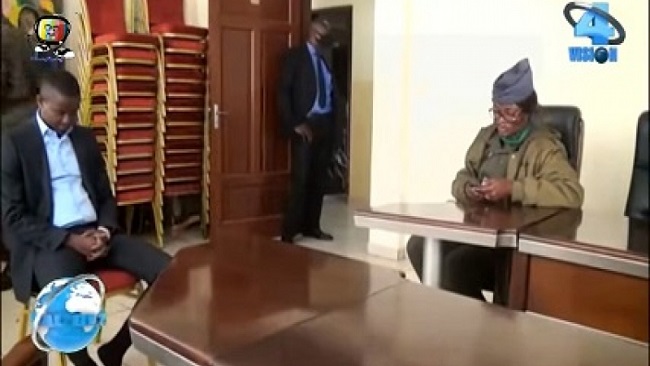


















5, July 2020
US Politics: Trump to hold outdoor campaign rally in New Hampshire 0
US President Donald Trump will host an outdoor campaign rally in New Hampshire, his team said Sunday, following a flopped rally in Tulsa, Oklahoma against the backdrop of COVID-19.
The “Make America Great Again” rally will take place on July 11 in Portsmouth, his campaign said in a statement.
“All attendees will be provided a face mask that they are strongly encouraged to wear,” the rally announcement said.
The billionaire Republican, who is seeking reelection on November 3, had made his grand return to the campaign trail on June 20 in Tulsa, Oklahoma.
But images showed the stadium was filled to less than a third of its capacity, despite the president’s campaign boasting of huge interest ahead of time and more than a million ticket requests.
Pictures of Trump’s return to the White House in the middle of the night, with a worn-out air and his tie undone, cemented the image of a failed comeback.
With just four months left before election day, Trump — criticized for his response both to the coronavirus pandemic and to anti-racism protests — has been lagging for weeks in the polls behind his presumptive Democratic rival, Joe Biden.
While there have been calls for caution in interpreting the poll results, observers have noted that Biden’s lead over Trump is far greater than the one held by Democratic nominee Hillary Clinton at the same point in 2016.
Source: AFP